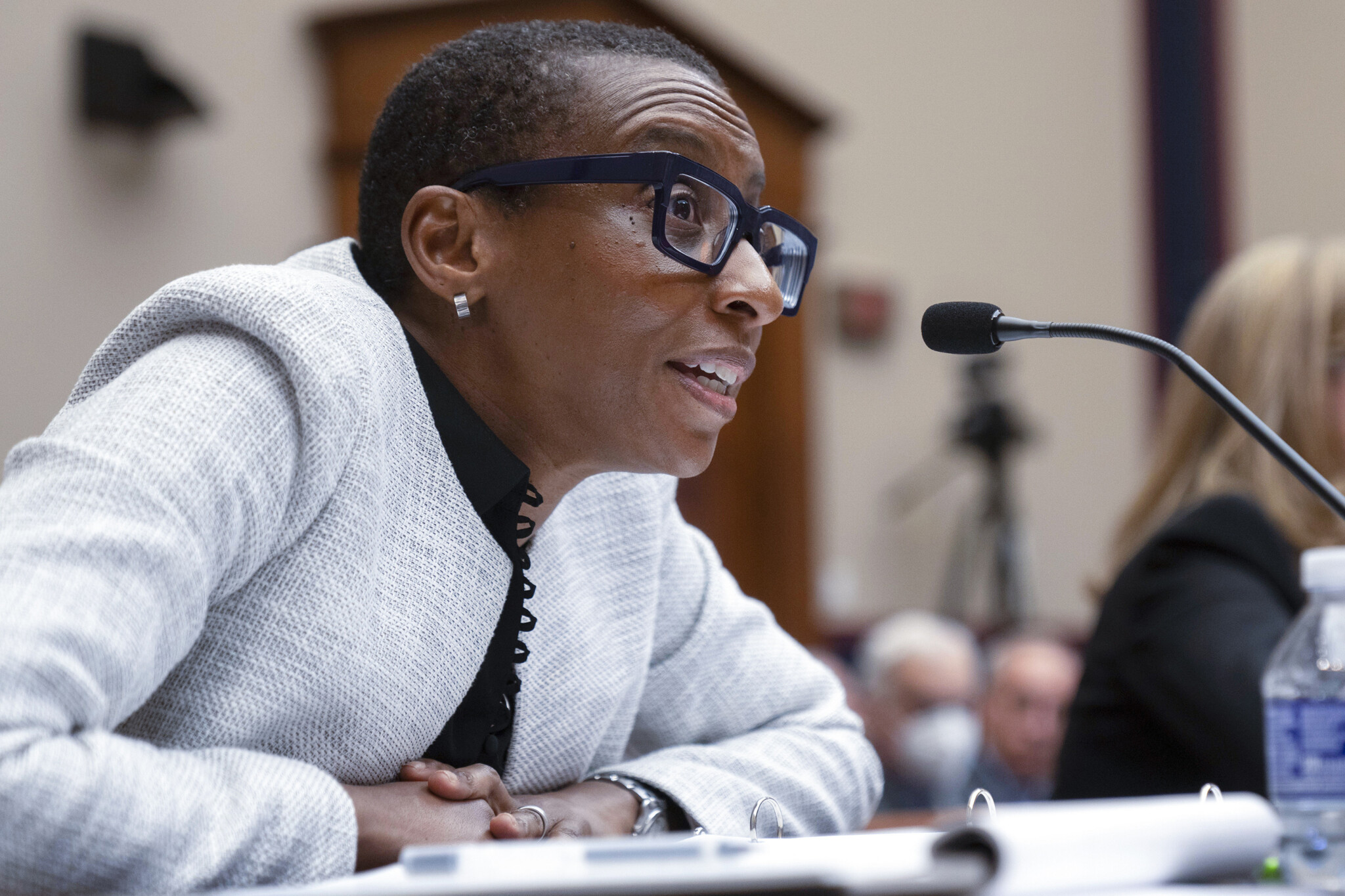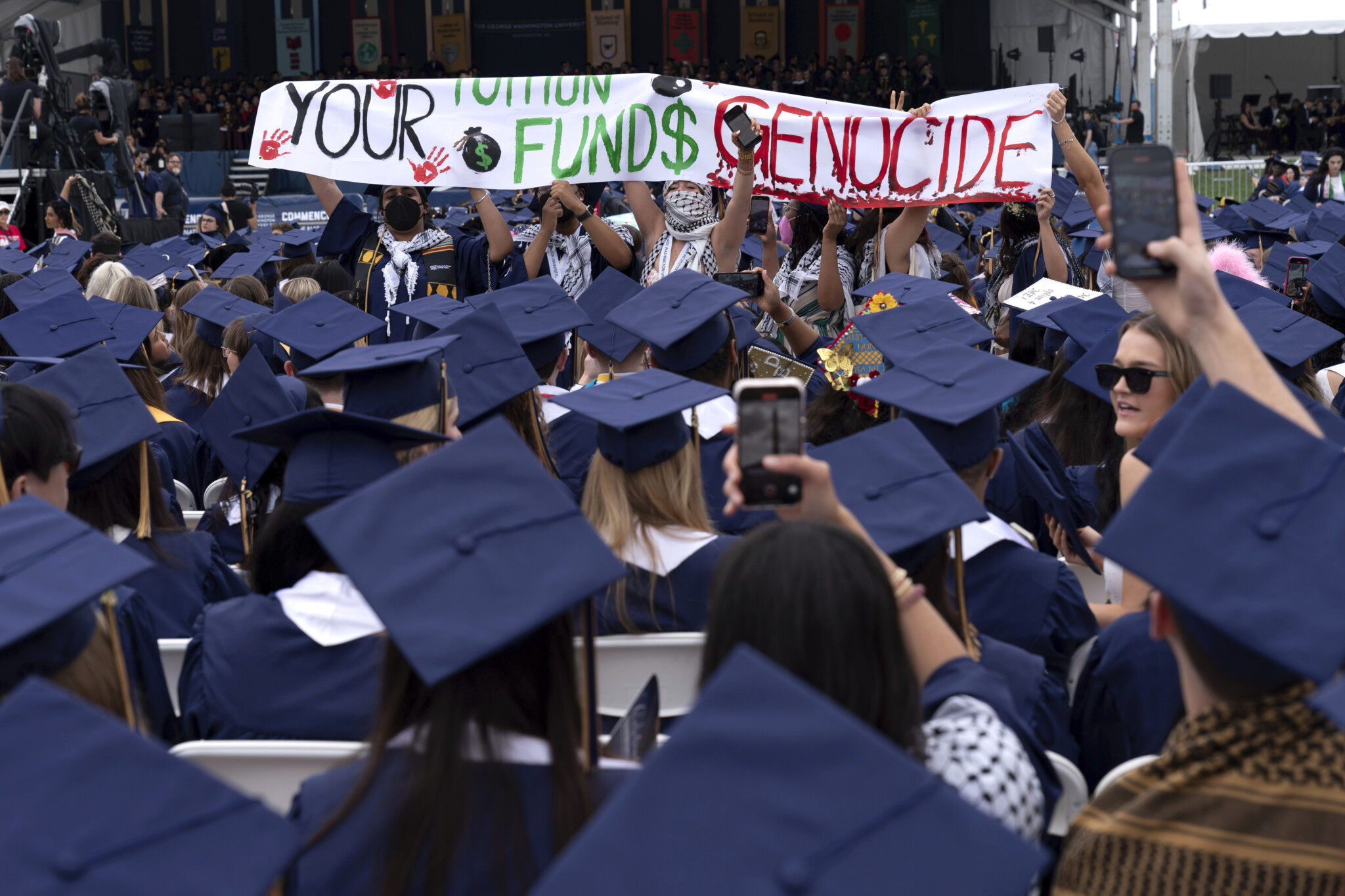The past months have seen campuses across the West turned into encampments, ostensibly to protest against Israel’s response to October 7. In practice, many of these movements have had a habit of excusing—or worse celebrating—the atrocities committed by Hamas against Jews and Israelis.
The years prior saw universities, amidst the “great awokening,” become hotbeds for many transgressive political causes, from advocating for a world of open borders to Defund the Police to the broader breakdown of gender and societal norms. Whatever the cause, universities have been at the heart of the movement.
My previous column, the first in this five-part series on reforming education, explained that the role of the professor is not to be a politicized activist. It’s to seek to objectively and disinterestedly understand the world we live in. But what does this imply for the role of universities?
The main difference between higher and non-tertiary education is professors with tenure and academic freedom. As such, the role of the university must be to support professors in their role.
In addition to providing infrastructure for teaching and research, this amounts to ensuring the foundational truth, knowledge, and merit principles are upheld on campus. The truth and knowledge principles are upheld through the respect of academic freedom.
The first critical aspect of academic freedom is a “freedom from” university censorship or sanctions in terms of research, teaching, and public commentary. This is iconically described in the well-known Chicago Principles.
The second aspect is institutional neutrality. This holds that universities do not take positions on issues of a social or political nature not directly related to their operations. By taking political positions, universities endanger professorial independence and thereby interfere with academic freedom. This is exemplified in the University of Chicago’s Kalven Report.
Upholding the merit principle requires universities to refrain from the allocation of responsibilities or resources on anything apart from merit, such as skin colour, sex, sexual orientation, etc. This principle has also been institutionalized by the University of Chicago through its Shils Report.

Harvard President Claudine Gay speaks during a hearing of the House Committee on Education on Capitol Hill, Dec. 5, 2023 in Washington. Mark Schiefelbein/AP Photo.
Sadly, far too many universities in Canada and across the Western world are failing to uphold these foundational principles. Professors are being sanctioned for their teaching, public commentary, and it seems for research too. Controversial speakers are disinvited and sometimes discouraged from speaking through onerous burdens placed on their events.
Universities have abandoned political neutrality in favour of institutionalizing highly political causes such as “decolonization.” Decolonization is promoted and institutionalized hand-in-hand with identitarian hiring representing thereby the abandonment not only of neutrality but of the merit principle as well.
Sadly, overt examples of threats to academic freedom are merely the “tip of the iceberg” in the Anglosphere, as shown by political scientist Eric Kaufmann. Evidence for such threats has been further corroborated in Canada. The threats are a function of three factors.
First, academics are increasingly willing to sanction those of a different political persuasion. Second, almost 90 percent of professors hold Left-leaning views. Third, universities are governed by the professors that populate them.
These sources are combined with increasing professorial adherence to (or at least sympathy for) critical social justice and progressive worldviews. This is seen in departments throughout the academy, but most profoundly, and ominously in departments of education such as UofT’s OISE that train and qualify K-12 teachers.
This adherence represents both the abandonment of the foundational principles of the university and the adoption of new, politicized principles.
Taken together, it is little wonder that academic freedom, independence, and “colour-blind” merit are threatened. Individual professors are overwhelmingly on the political Left, increasingly adopting politicized principles for the university, and are willing to enforce them by sanctioning colleagues who do not.
Since professors run universities as well as just populating them, and evidence suggests that administrators are even more Left-leaning than rank-and-file academics, it is easy to understand why the foundational principles of universities and their fundamental role are being abandoned.
Not valuing these principles means they are less likely to promote them—and worse, discard them altogether in favour of the new politicized identitarian policies.
It is worth highlighting that while this turn is likely not driven by broad popular sentiment, it is underwritten by the public as provincial and federal funding agencies provide the aid that enables these trends. These funding agencies are increasingly being politicized themselves, even encouraging non-merit-based considerations in allocating funding and in some cases explicitly endorsing and requiring group-based targets.
These requirements are then used by universities while placing the blame for them on the agencies themselves. Ironically, the funding agencies also maintain they have no choice but to politicize university funding.
Needless to say, by not upholding academic freedom and their foundational principles, universities are simply not fulfilling their role. In this context, the question becomes, how can we reform universities so that they adequately fulfill their role in the future?








